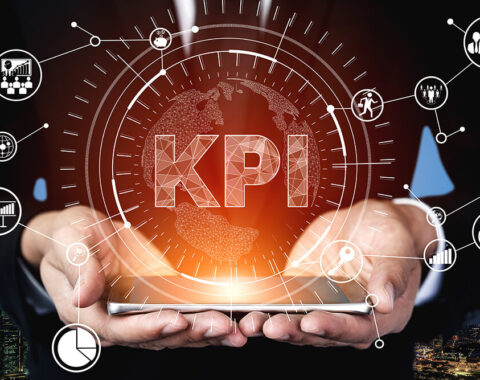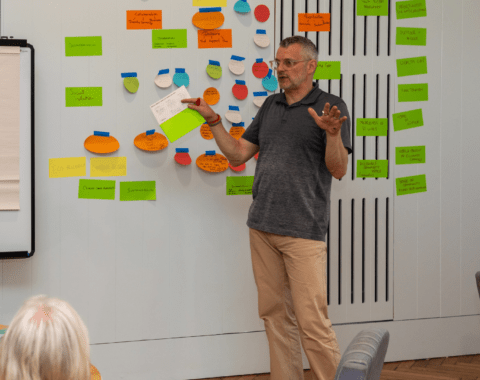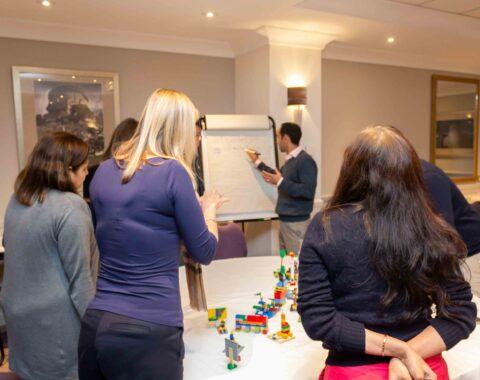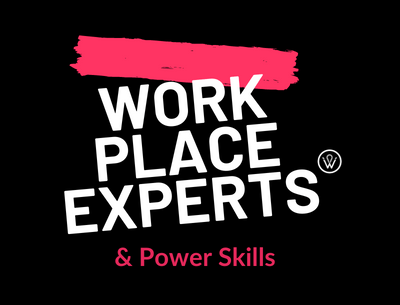Facilitation is often confused with mediation, which involves resolving disputes. In fact, facilitation is different from mediation because it focuses on building relationships and understanding rather than solving issues.
What is Facilitation?
Facilitation is defined as “a collaborative problem-solving approach used to bring diverse parties together to find common ground and make decisions.” This definition emphasizes the importance of working toward mutual understanding and respect.
The facilitator helps participants explore and express differences while encouraging them to listen deeply to one another and discover shared values and interests. Facilitation is not a negotiation process; it does not seek to resolve conflicts or reach agreements. Instead, it aims to build trust and facilitate productive dialogue among parties involved in a discussion.
It is often used in conjunction with other methods such as brainstorming, role-playing, and coaching. Facilitation is a process where one person guides another person through a problem-solving activity. This guide could be a mentor, coach, teacher, facilitator, manager, or even a friend. Facilitation can take place in many different settings including meetings, conferences, workshops, training, seminars, and retreats.
Workplace Experts facilitators agree that facilitation offers several benefits.
- improves productivity and efficiency within the workplace.
- increases employee satisfaction and retention.
- reduces stress and conflict.
- and finally, it allows you to focus on what really matters — running your business.
To read the full guide please download it below.
Want to explore the workshops and programs in Facilitators?

Define your Digital Marketing KPIs
Elisa Pogliano

Branding Workshop
Jonathan Bannister

Understand and Improve your Company Culture
Jonathan Bannister

Lego Serious Play Workshop for Innovation
Jonathan Bannister

Talent Retention Resilience Development
ANNA SCHMIDT

Hiring: Culture Add or Culture Fit?
Daniela Landherr
Want to explore the experts in Facilitators?

- Expertise:
- Strategic Leadership
- Culture

- Expertise:
- Leadership
- Intercultural Communication
- Consulting


- Expertise:
- Psychological Safety
- Leadership
- Culture

- Expertise:
- creativity
- entrepreneurship
- innovation

- Expertise:
- Strategic Wellbeing
- Leadership Development
- Systemic Coach


